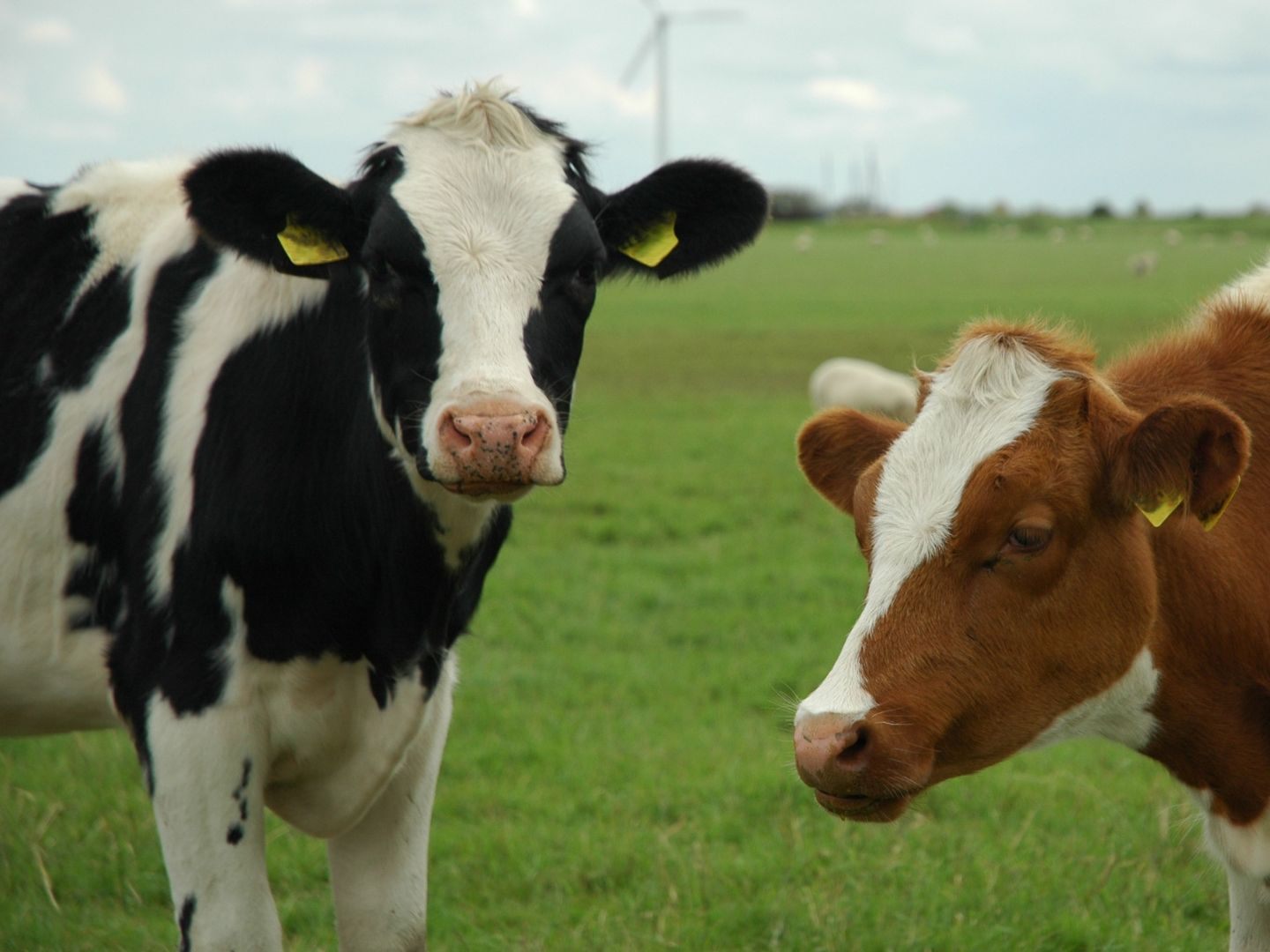Chamber of Agriculture Chief: Quality Guidelines are "Desires that are not Paid For"

There is a big difference between the responses in surveys and the decision of consumers when they stand in front of the shelf in the supermarket, the LKÖ chief justified his demand for demand-oriented production. Requirements regarding quality and higher standards are "wishes that are not paid for" and "kill the businesses," said the representative of domestic farmers. At the European level, he has the feeling that a turnaround is being brought about with renaturation and sustainability, where food supply can no longer be guaranteed in the long term. In this regard, the Rewe Austria CEO, Marcel Haraszti, countered that in recent years, despite various crises, it has been shown that food supply can be ensured.
Agriculture: Renewed Criticism of Mercosur Deal
Moosbrugger continues to reject the EU's free trade agreement with the South American Mercosur states. "It is absolutely incomprehensible that agreements are being made here, where products come onto the European market that do not meet European requirements" and are offered at prices that are not comparable with European ones. The structures in European agriculture, especially with regard to family farms, could not keep up with these prices. "Therefore, a no from the perspective of agriculture to Mercosur," summarised the LKÖ chief. The agreement was criticised in Austria from many sides, for example by environmentalists, agriculture or employee representatives. The agreement was welcomed by industry and business representatives.
On Tuesday, Moosbrugger advocated for strengthening domestic production and competitiveness. This would generate supply security alongside sustainability. "We talk about climate protection, but then we don't need food carted around the world in Austria or in Europe," said the President of the Austrian Chamber of Agriculture. Haraszti highlighted the advantages of short delivery routes, which would also help to ensure food safety. His corporation makes 55 percent of its turnover domestically with products from Austria. According to Haraszti, this includes beef, milk and eggs.
(APA/Red.)
This article has been automatically translated, read the original article here.





